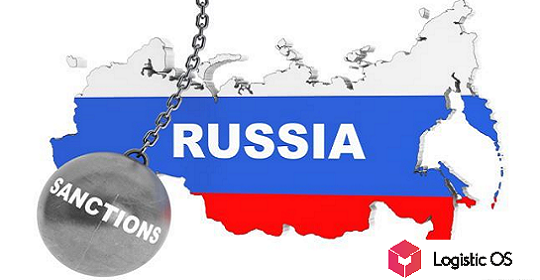China’s ban on Canadian canola imports could deal a major blow to local farmers.
This is not the first time that «rapeseed wars» between China and Canada have flared up.
A similar incident occurred in 2019, when China restricted the import of canola (a Canadian variety of rapeseed) due to an alleged pest infestation. But the real reason then and now is most likely political.
For example, this time Canada banned the import of Chinese electric cars, accusing China of dumping.
It is interesting that the investigation into canola is also called «anti-dumping», which clearly hints at a retaliatory move.
Canola was clearly not chosen by chance — it is a purely Canadian crop that brings the country significant income.
In addition, China is the world’s largest importer of oilseeds, and about half of all canola grown in Canada is intended for it.
If imports of this crop to China are completely blocked, Canadian farmers will inevitably lose a lot of money.
There is information that in 2019, losses amounted to about 2 billion US dollars. At the same time, in the same years, China also restricted imports of Canadian pork.
Currently, although China has not yet introduced any official bans, canola prices in Canada have already fallen by 5%.
The situation, again, is reminiscent of 2019, when prices for this crop were in a constant decline for a couple of years.
At the same time, the fact that China has not yet introduced any explicit restrictive measures, but only announced the beginning of an investigation, means that measures can be introduced at any time, and suddenly.
This adds urgency to the situation and increases the risks for Canadian farmers.
For example, in such conditions, a decrease in canola sowing volumes is very likely next year, because each company will be afraid of being left with a large volume of crop that has nowhere to go.
Based on this, China’s plans to punish Canada for its restrictions on electric vehicles could have a real impact, even if it never gets off the ground.
It is possible that the Canadian government, like last time, will have to compensate its farmers for the losses they incurred as a result of the worsening relations with China.
But even in this case, this situation will clearly not be beneficial to the development of canola production in Canada.
And the funds allocated to support canola producers will most likely be taken from those intended to support other agricultural sectors, which will hinder their development as well.

